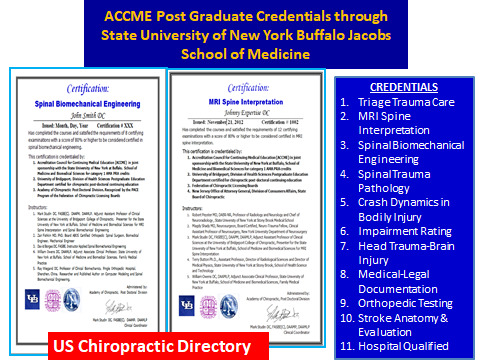The ligaments hold the spine in place.
When the ligaments tear, the alignment and motion of the spine becomes stressed.
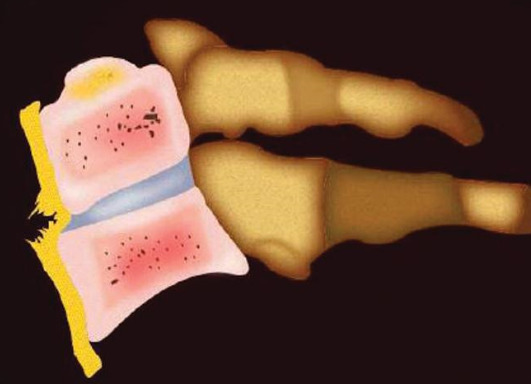
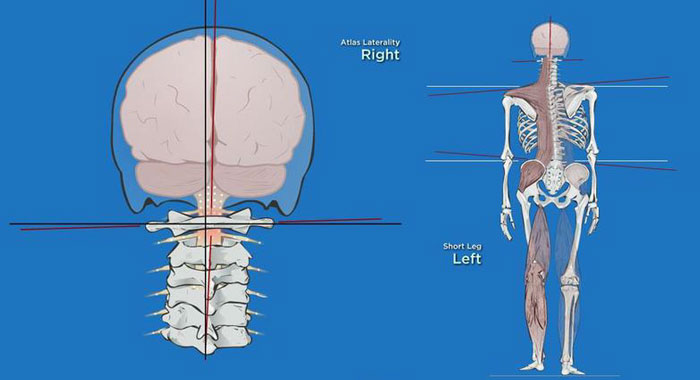
Once ligaments tear, they heal with random cross fibers but without elastin which gives them their flexibility. This situation leaves the ligament stiffer, weaker, and more sensitive to pain. They DO NOT heal back to normal on their own.
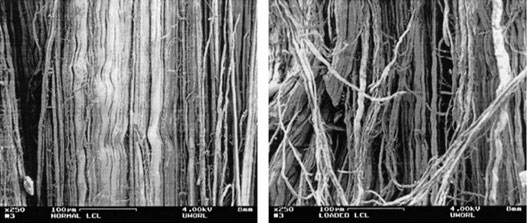
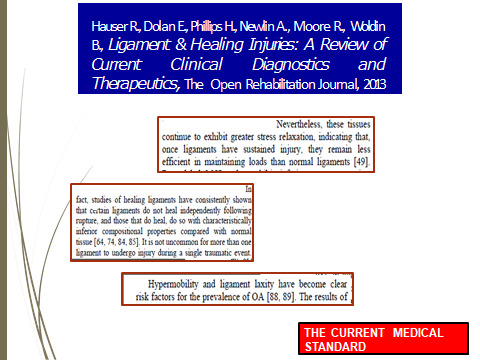
Spacers in the facet joints of the spineget out of place and pain fibers (nociceptors) get irritated on the facet surface and pain gets transmitted form the cord to the brain. Adhesions form with scar tissue and the spacer becomes entrapped.
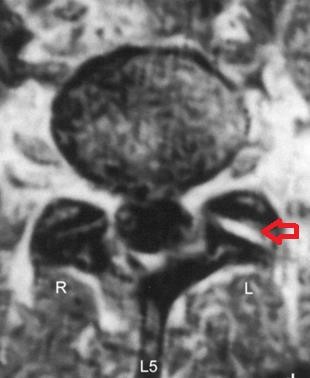
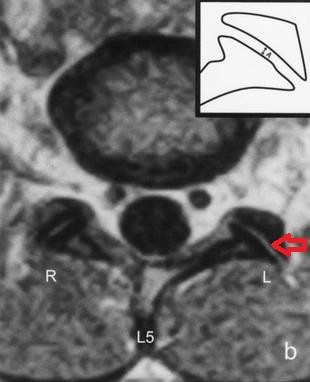
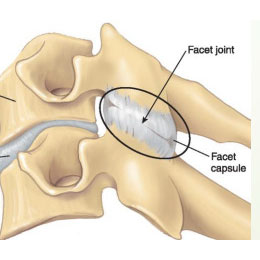
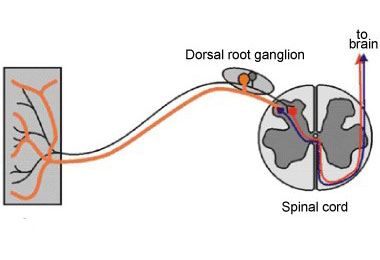
Brain regions effected by pain based on functional MRI
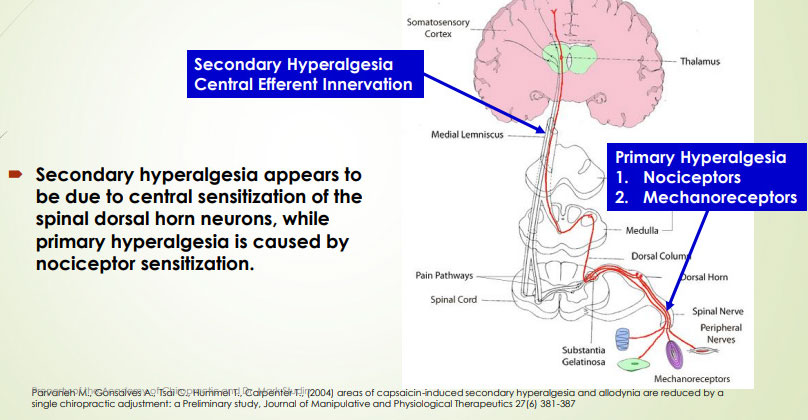

Due to the pain being transmitted to the brain it can have a central effect and the pain can become widespread and chronic. Perception of pain is not solely dependent on neural activity but also flexible interactions of this network with other functional systems, including descending pain modulatory system. This is why some patients experience pain differently than others. Some can “ignore” the pain and maintain adequate functional levels where others can experience severe pain and restrictions to activities of daily living.
The joint becomes biomechanically unstable and leads to permanent damage within 6 months.
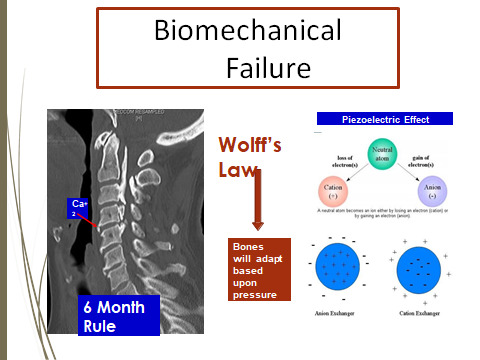
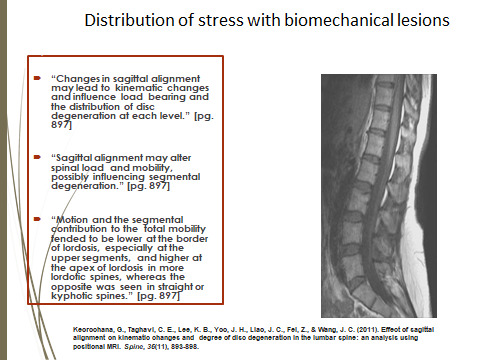
Dr. Packer is credentialed in spinal biomechanical engineering thorough State University of New York Buffalo School of Medicine and is a Board Certified NUCCA doctor which is a specialty in chiropractic that focuses on the diagnosis and treatment of mechanical spine pain based on specific medically recognized testing and treatment that requires NO twisting or high velocity manipulation to the spine. Dr. Packer treats patients at Precision Spinal Care and serves on the Chesapeake Regional Hospital Foundation Board of Directors.
